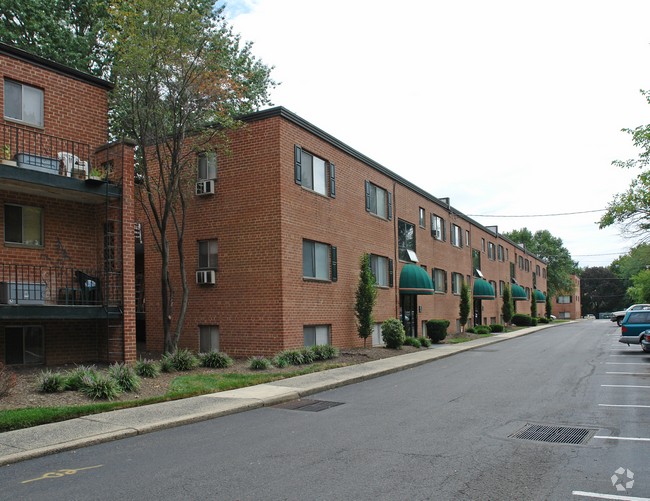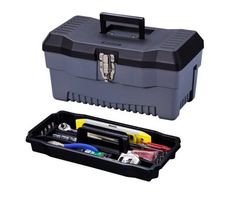Legal Eviction of Roommates
Legal Eviction of Roommates
A living situation with roommates may become stressful if a roommate falls behind on rent or causes other problems in the home. The legal options for eviction of a roommate depend on whether the roommate is a legal occupant of the rental property, an unauthorized occupant, or a subletting party. The landlord, original tenant or either party might be able to pursue eviction by following the real-estate laws
Find Landlord and Tenant Help pages, Articles, and more on NationalEvictions.com

Sad Tenant moving apt after eviction sitting on the floor of the living room at home. NationalEvictions.com
Definition of Legal Occupant
A written lease agreement creates a legal obligation between each tenant and the landlord. A leases often require the names of all adults who will live in a rental home, along with the names of children or other adults who might spend time living in the residence. Whether a roommate is a legal occupant of a residence depends on whether the lease names the roommate as a lessee. If the roommate is lessee, the landlord can start eviction proceedings directly against the legal occupant.
Landlord’s Right to Evict
When a landlord wants to evict multiple roommates from a residence, States requires court proceedings for eviction, also known as “summary ejectment” under state law. North Carolina allows eviction based on one of three reasons: breach of the lease, nonpayment of rent or holdover of the premises after the end date specified by the lease. If the lessees fall behind on their rent payments, the landlord can initiate proceedings to evict all roommates, even if only one roommate is responsible for the past-due rent. Furthermore, if the lease specifically prohibits additional occupants or subletting parties, the landlord has the right to ask a North Carolina court for a summary ejectment based on a breach of the lease after a lessee allows a roommate to move in.
Legal Significance of Unauthorized Roommate or Subletting Party
A lease might state whether additional roommates may live in a rental home without signature of a new lease or advance permission from the landlord. A roommate who doesn’t appear on the lease usually doesn’t have a legal obligation to the rental home’s landlord; accordingly, the landlord can’t pursue late rent or directly take other legal action in North Carolina toward the unauthorized roommate. The roommate might have a sublease arrangement with the original lessee, however, and have a legal obligation toward a lessee who does appear on the lease agreement.
Tenant’s Right to Evict
If an original tenant allowed a roommate to move in without updating the lease with the landlord, the original tenant still might be able to pursue legal eviction of an unauthorized occupant. The original tenant and the new roommate might have an oral or written sublease agreement. If the roommate doesn’t pay rent or causes problems in the residence, the original tenant may be able to start legal proceedings for eviction based on the terms of the sublease. Legal eviction initiated by the landlord might result in a court order requiring all individuals to vacate the property and return possession of the premises to the landlord. Accordingly, the original lessee may need to take action independently if he wants to remain on the property himself. To evict a roommate, the original lessee must follow the notice, service and filing procedures required by North Carolina’s landlord-tenant laws.
Tags: Eviction Information, North Carolina Eviction Articles, Tenant Information

















